Chechnya, is a country found in the southeastern part of Europe in the Northern Caucasus mountains. It was annexed by the Russian Empire in the 1870’s. It was later joined with Ingushetia to form the autonomous republic of Chechen-Ingushetia in the late 1930s as a member state in the USSR. Its time as a member state of the Soviet Union was not a good one as we shall see.
What is remarkable about Chechnya is that it is home to one of the earliest known human settlements, dating back to 125,000 BCE. Ever since the 1400’s, Chechnya has been in constant strife trying to remain independent of foreign rule. Unfortunately for them, they were stuck between two great empires, the Ottomans and the Russians. They converted as a people to Sunni Islam so they were more closely allied to the Turks as opposed to the Russians. This was not to prove to be a viable alliance as the Ottoman Empire began a steady decline while the Russians were expanding. Chechnya was eventually absorbed into Russia in 1875.
The deal with the Russians was due to constant raiding by the Turks and Persian despite the common Sunni religion. The merger though was not popular with the people. So whenever turmoil hit Russia, the people of Chechnya revolted as they did during Russo-Turkish War, the Russian Revolution of 1905 (Episode 64), the Russian Revolution of 1917 Episode 67), and the Russian Civil War (Episode 71).
This history of rebellion did not sit well with Joseph Stalin as you might imagine. The NKVD, under orders from Stalin, began mass deportations of millions of Chechens and Ingush peoples. The were sent to the Kazakh SSR and Siberia in 1944. This was supposed punishment for helping the Nazi’s during the Great Patriotic War. While under Nikita Khrushchev, they were gradually allowed to return to their homeland. Although the program of Russification was kept in effect. This was to cause a festering hatred of the Russians.
When the Soviet Union collapsed in 1991 an independence movement was founded called Chechen National Congress. This group was led by former Soviet Air Force General and new Chechen President Dzhokhar Dudayev. Then Russian President Boris Yeltsin was opposed to the independence of the country and tried to send a military force to invade the country and subdue it on December 11, 1994. For two years the two countries fought but like Afghanistan, the mountainous regions within Chechnya proved impossible to control. On August 31, 1996, a peace treaty was signed and hostilities for the moment were over.
A second war in Chechnya was begun in 1999 and lasted over nine years with Russian victory at a grave cost. Rebels continue to harass Russian troops and on occasion terrorist attacks have taken place on Russian soil.

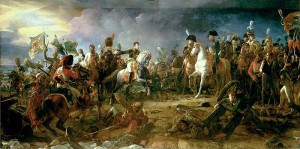
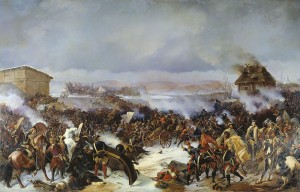
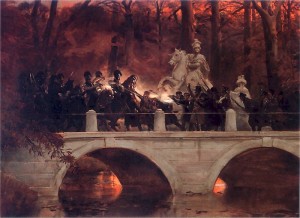
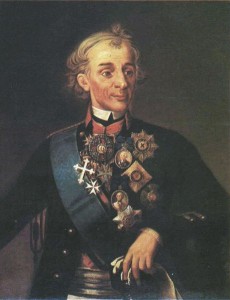
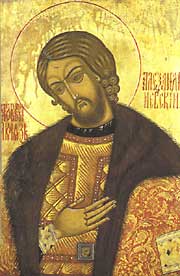
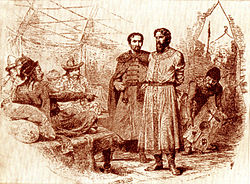
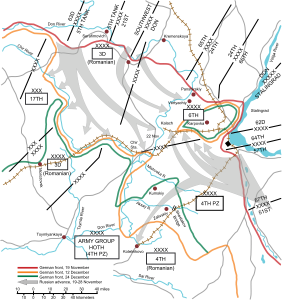
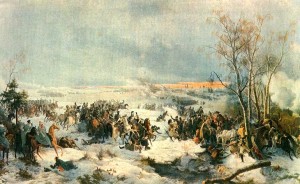

Recent Comments